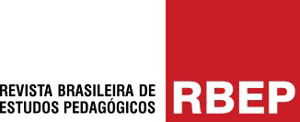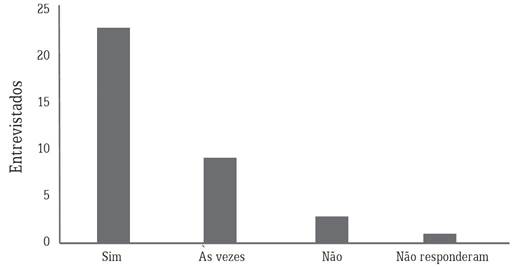Abstract:
The aim of the research was to understand how the teaching of agroecology in an agricultural school, under the Pedagogy of Alternation, has influenced the teaching-learning of students and how it has affected the family and community scope. The quantitative methodology was used with the application of a questionnaire to students and qualitatively based on open and structured interviews with students, teachers, parents, and people linked to the foundation of the school. The teaching-learning process based on the interaction with the local reality, as proposed by the method “School Time and Community Time” applied in Pedagogy of Alternation, proved to be effective because it has a greater connection with the relationships in the field. Respondents report that this methodology has provided greater exchanges of knowledge with the family and the community, which can positively influence the forms of cultivation based on a new way of thinking. However, it was found that there is a distortion related to local agricultural practices and the teaching of agroecology. According to students and parents there is a need to make the agroecological transition, as many still follow conventional cultivation practices, which makes it difficult to use the knowledge acquired by students. It is understood that the change of paradigms is made gradually and the Pedagogy of Alternation applied to the teaching of agroecology can help in the improvement of practices for changes to occur.
Keywords:
agroecological principles; field education; social technology

 Thumbnail
Thumbnail
 Thumbnail
Thumbnail
 Thumbnail
Thumbnail
 Thumbnail
Thumbnail
 Thumbnail
Thumbnail
 Fonte: Elaboração própria
Fonte: Elaboração própria
 Fonte: Elaboração própria
Fonte: Elaboração própria
 Fonte: Elaboração própria
Fonte: Elaboração própria
 Fonte: Elaboração própria
Fonte: Elaboração própria
 Fonte: Elaboração própria
Fonte: Elaboração própria